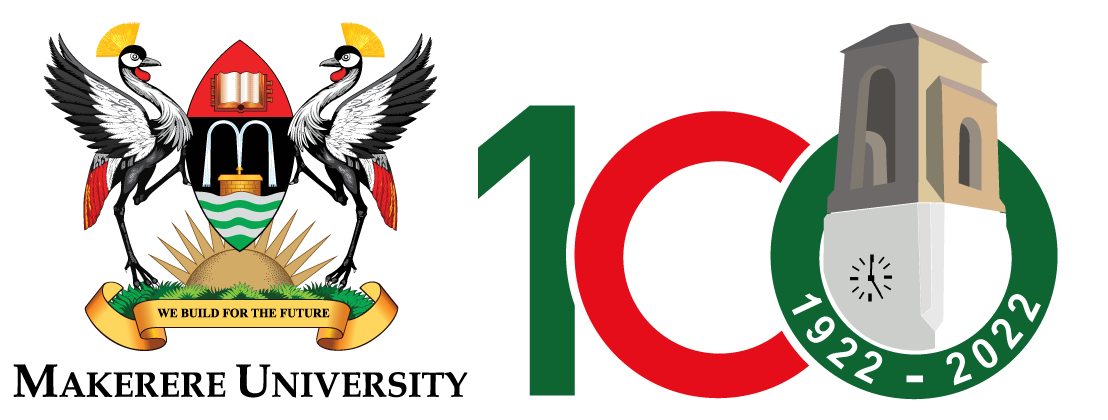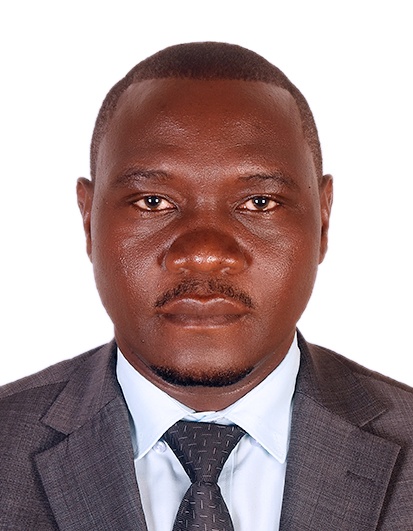INVITATION:
The Dean, School of Education under the College of Education and External Studies (CEES), cordially invites you to the PhD Public Defense of the following candidate:
Name of the Candidate: Ronald Mulondo
Title of Thesis:
Examining the Role of Parents and Pupils in the Implementation of the Mother Tongue Policy in Rural Primary Schools in Uganda
Date: Tuesday 25th November 2025.
Time: 10:00 am
Supervisors:
- Dr. Rebecca Nambi
- Dr. Julius Segantebuka
- Prof. Masagazi Fred Masazi
ABSTRACT
This study examines the critical involvement of parents and pupils in the implementation of the Mother Tongue Policy (MTP) within rural primary schools in Uganda, emphasizing gaps in execution, roles of pupils, and parental support for language competence. Underpinned by Epstein’s (1995) Theory of Overlapping Spheres of Influence and Vygotsky’s (1978) Sociocultural Theory of Cognitive Development, the research was partly motivated by persistent resistance, misinterpretation, and partial implementation of the MTP in settings such as Luweero District. A qualitative research approach was adopted in a government-aided primary school, utilizing purposive, convenience, and random sampling to select three teachers, 10 parents, and 15 pupils. Data collection comprised focus group discussions, key informant interviews, and direct observation. Data analysis was guided by thematic and content methods alongside constant comparison techniques.
Findings indicate that community participation is limited, and schools face inadequate resourcing and insufficient professional development for teachers. Additional challenges are observed in language delivery and curriculum execution. Despite these barriers, pupils play integral roles across cognitive (comprehension), affective (engagement), and psychomotor (creativity and knowledge co-construction) domains, fostering culturally relevant and contextual learning. However, passive teaching methods and inconsistent home support constrain pupil engagement. Parents support learning at home, promote local knowledge, and actively use Luganda in daily interactions to enhance children's language fluency and confidence. Their role further encompasses providing learning materials and facilitating involvement in culturally relevant activities related to farming, craft, and water harvesting, which reinforce curriculum concepts like local environment, sustainability and weather.
The study concludes that although the MTP possesses sound pedagogical foundations, it is impeded by institutional, cultural, and communicative obstacles that sideline both parents and pupils. Recommendations include enhanced parental sensitization, integration of mother tongue pedagogy in teacher training, and development of participatory frameworks to empower pupils, alongside curriculum adjustments to ensure gradual and supportive transitions from mother tongue to English.
Your presence and participation will be highly appreciated as we support the student in this important academic milestone.

